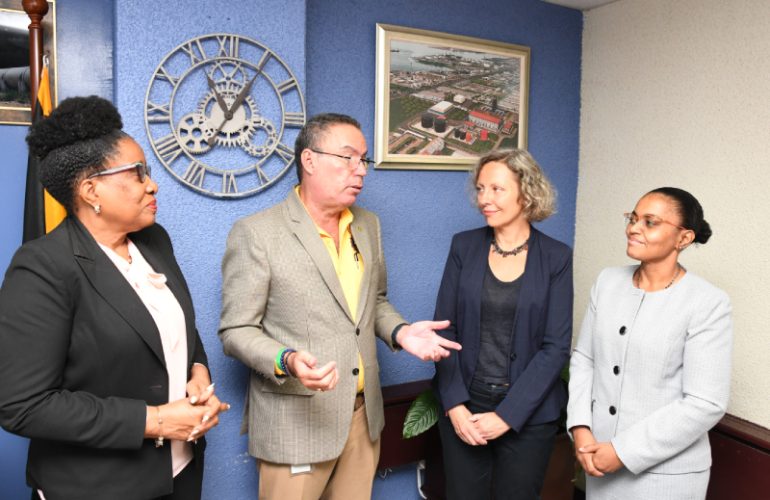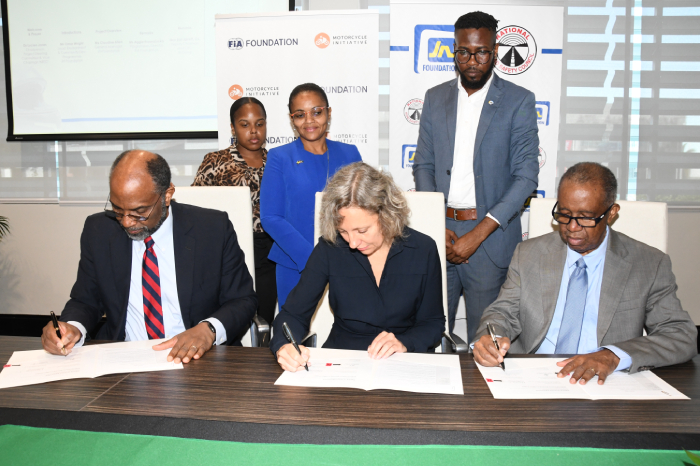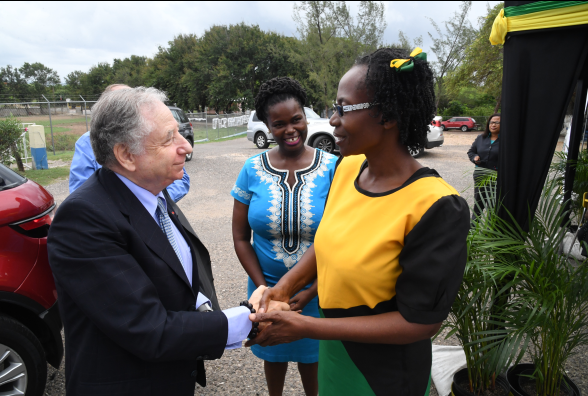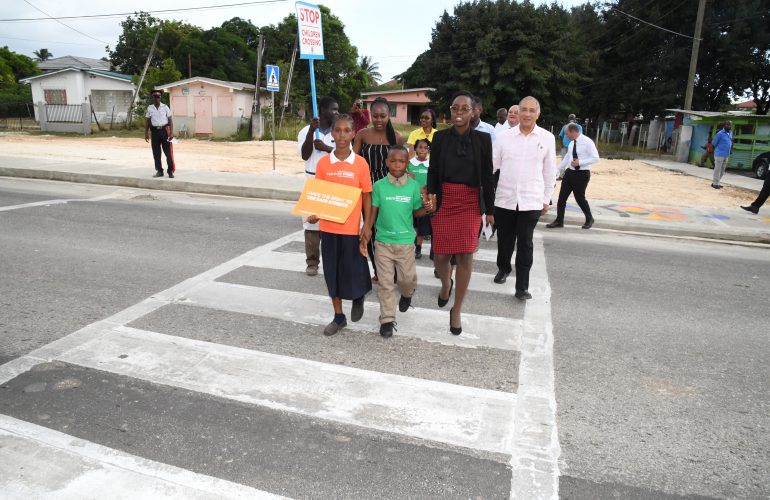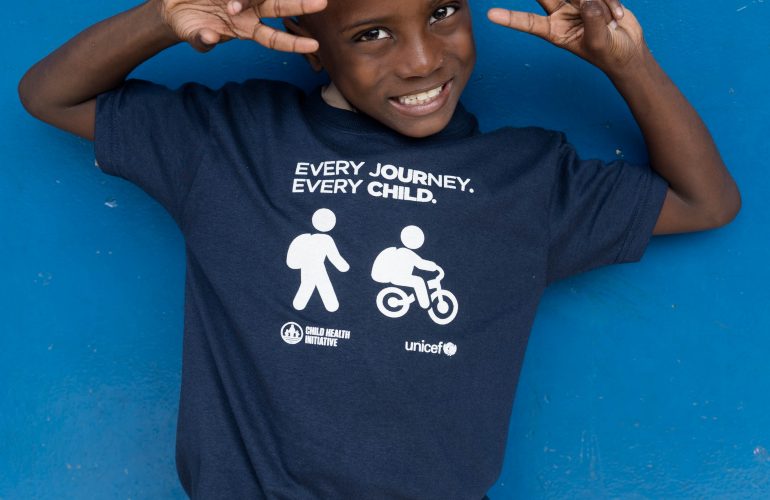National Helmet Wearing Coalition Being Launched to Drive Motorcycle Safety
The JN Foundation, the National Road Safety Council (NRSC) and the UK-based FIA Foundation, have collaborated to establish a National Helmet Wearing Coalition in Jamaica. The coalition will be formally launched on Thursday, March 21 at 10:00 a.m. at the AC Hotel Kingston on Lady Musgrave Road in St Andrew.
The establishment of the Coalition comes against a background of increasing and alarmingly high levels of road crashes and fatalities among motorcyclists in Jamaica. Anecdotal data shows that up to 80 per cent of motorcyclists who have died on the nation’s roads were not wearing a helmet, and most are males between 19 and 29-years-old.
The Coalition is mandated to develop and implement activities that will influence the correct wearing of helmets and promote access to the correct standard of helmets. The initiative targets motorcyclists, as well as pillion riders and other road users.
Claudine Allen, General Manager at the JN Foundation, said the Coalition hopes to improve helmet usage, and to increase awareness of the standards outlined in the Road Traffic Act.
“We want to help to save the lives of our young men by encouraging them to always wear a standardised helmet, and we want to ensure that Jamaica is adequately prepared to ensure compliance to the declared standards,” she disclosed.
Ms Allen said that the initiative is collaborative and has strong support among Government of Jamaica entities involved in transport and road safety, as well as the Jamaica Constabulary Force, which enforces the Road Traffic Act that outlines the standards for helmets in Jamaica.
The executive director of the FIA Foundation, Saul Billingsly will be in Jamaica to underscore the FIA’s commitment to the project. The FIA Foundation is the charity arm of the Fédération Internationale de l’Automobile (FIA) headquartered in France. The FIA is the world governing body for motorsports. The Hon. Earl Jarrett, chief executive officer and deputy chairman of The Jamaica National Group, and Director of the JN Foundation, will also address the launch.
The National Helmet Wearing Coalition comprises several stakeholders, which also includes motorcyclists and persons working towards improving the safety of motorcyclists and pillion riders. The Coalition in Jamaica will be tasked with the implementation of an action plan aimed at nurturing a culture of safety among motorcyclists, encouraging helmet wearing, and advocating for a regulatory environment that encourages motorcycle safety.
The FIA Foundation has successfully established coalitions in other countries, including Kenya, Mexico, Vietnam, and Rwanda.


